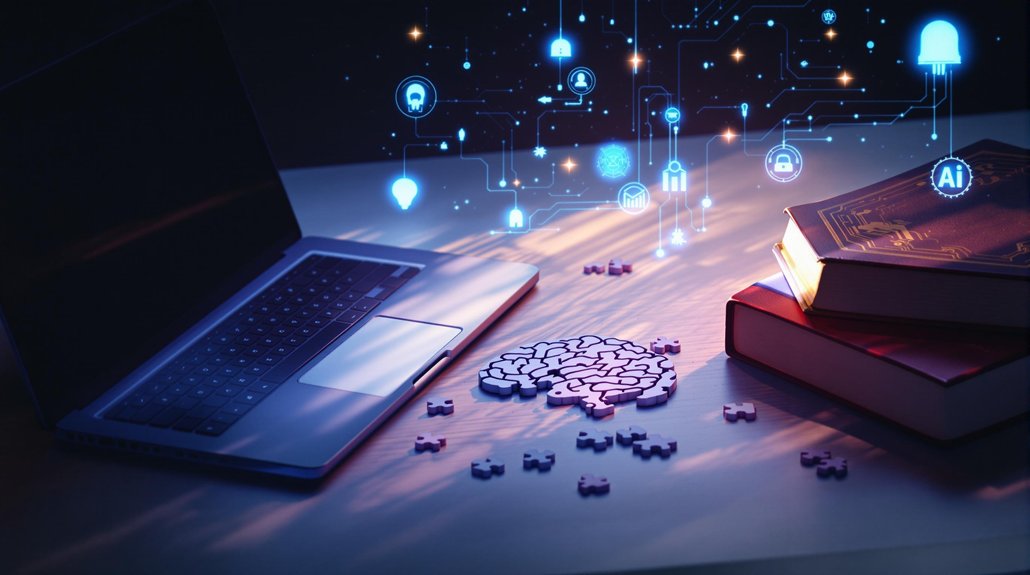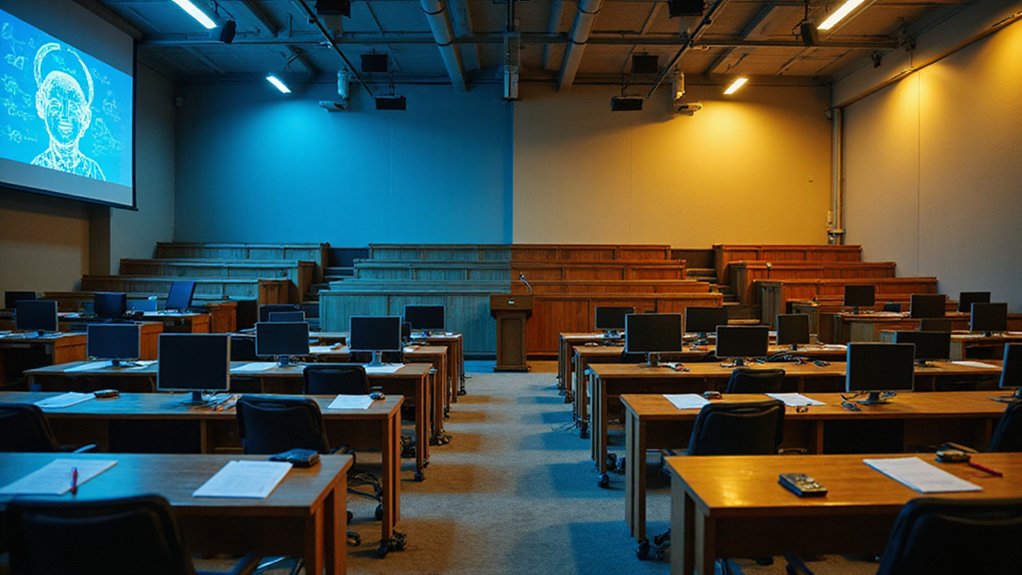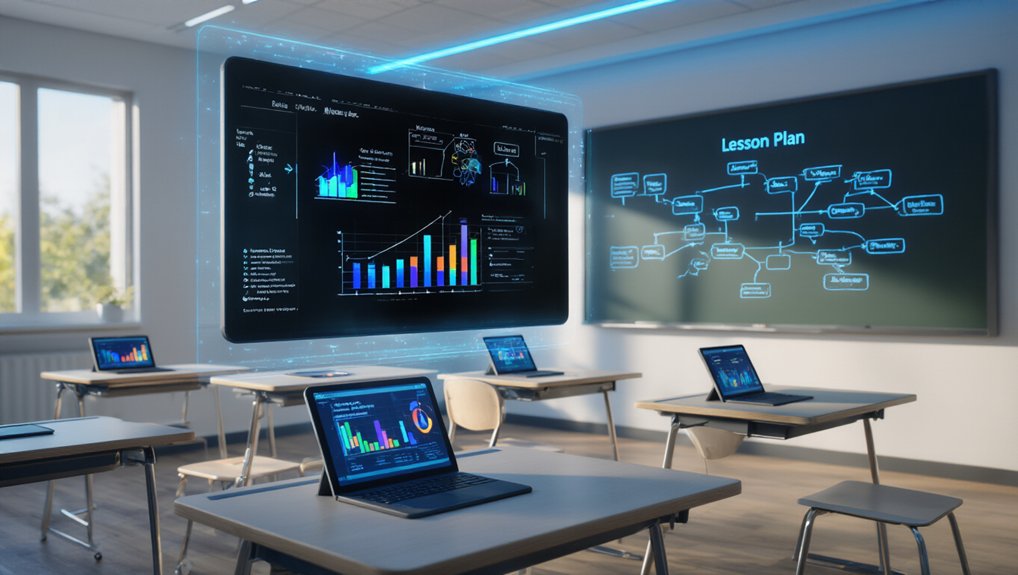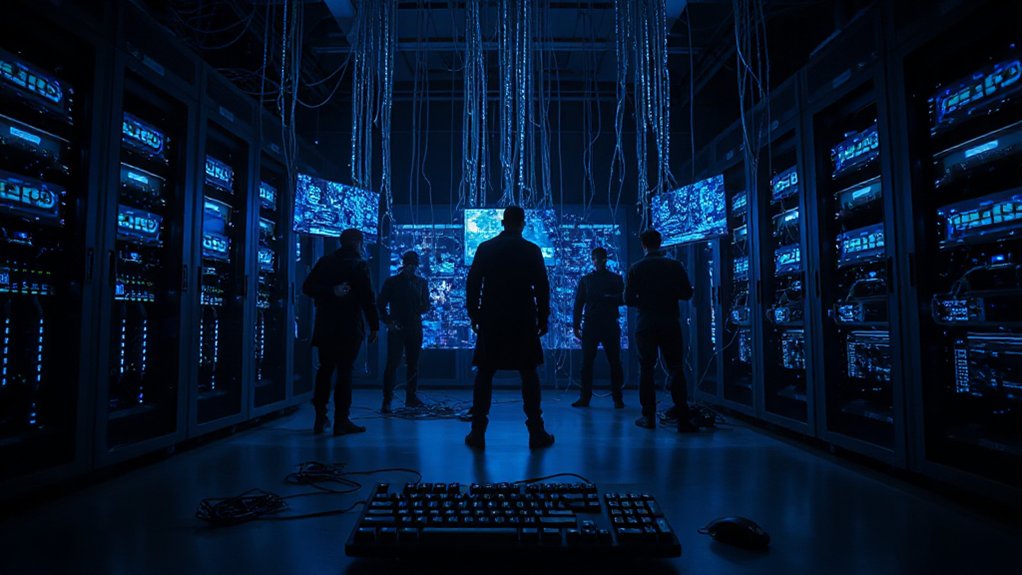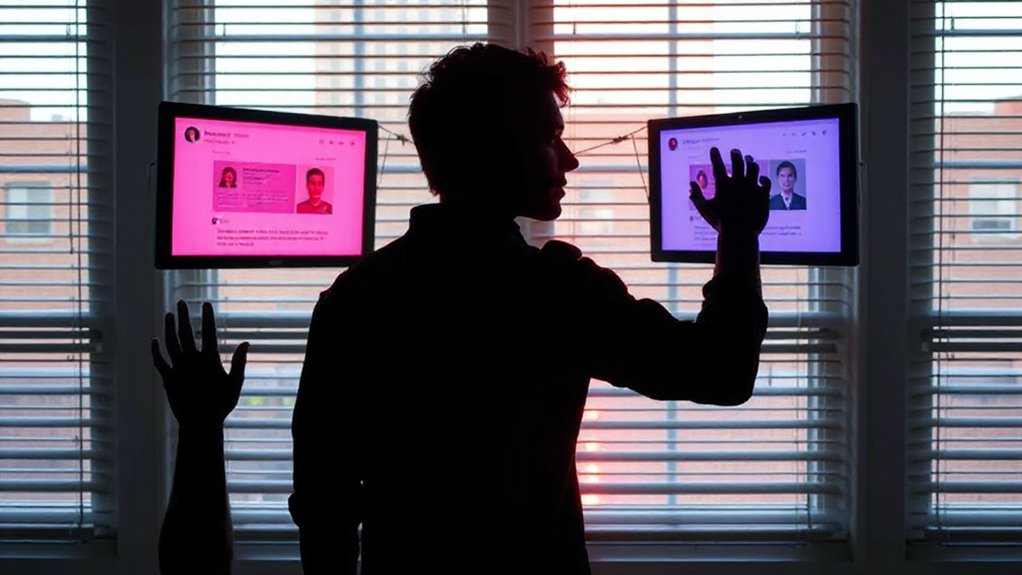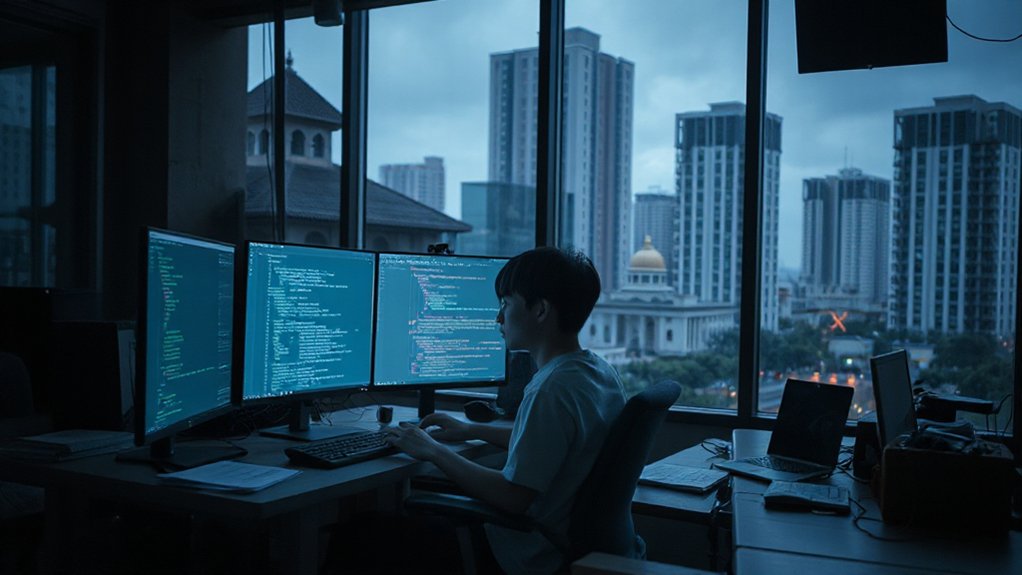The growing reliance on AI tools among students is raising concerns in educational circles. Recent studies show a sharp decline in critical thinking abilities, especially among those aged 17-25. Students who frequently use AI assistance demonstrate weaker skills in forming hypotheses and analyzing data. They’re skipping the mental work needed to develop scientific reasoning. Schools are now scrambling to address this problem as the implications for future workforce readiness become clearer.
While technology continues to transform everyday life, recent studies reveal a concerning trend in how artificial intelligence affects human thinking abilities. Research has found a negative correlation between frequent AI usage and critical thinking skills, with heavy users showing weaker independent reasoning abilities. This effect, known as cognitive offloading, happens when people delegate intellectual tasks to AI, reducing opportunities for analytical thinking.
Young people appear most affected by this trend. Students aged 17-25 who regularly use AI tools score lower on critical thinking assessments compared to older groups. They’re more likely to bypass the cognitive struggle needed for scientific reasoning, which weakens essential processes like forming hypotheses, analyzing data, and drawing conclusions. The recent study published in the journal Societies confirms this pattern through mixed-method research combining surveys and interviews.
“We’re seeing students lose foundational investigative skills when they rely on AI for complex reasoning,” one educator noted. Science and engineering disciplines are especially vulnerable, as they require deep cognitive engagement that AI dependency disrupts.
The workplace shows similar patterns. Professionals in business, education, arts, and computing report diminished critical thinking with increased AI use. Workers who trust AI recommendations are less likely to examine content critically, often accepting potentially flawed or biased output without question. Educational interventions must emphasize active learning and critical evaluation of AI-generated content to counteract these effects.
Statistical evidence supports these concerns. Multiple regression analyses demonstrate that cognitive engagement decreases as AI usage increases, with an R² value of 0.37. A Microsoft-Carnegie Mellon survey documents a measurable decline in critical thinking skills over time among frequent AI users.
Not all hope is lost, however. People with higher education levels show some resilience to these effects. Additionally, many educational institutions are developing policies that emphasize critical thinking exercises to counterbalance AI dependency. In healthcare education specifically, students must be taught to understand the ethical questions surrounding AI decision-making to prevent blindly accepting potentially biased results.
As AI becomes more integrated into daily life, researchers suggest finding a balance between technological assistance and maintaining independent thinking skills. This remains particularly important in educational settings, where developing strong cognitive abilities remains essential for future success.
